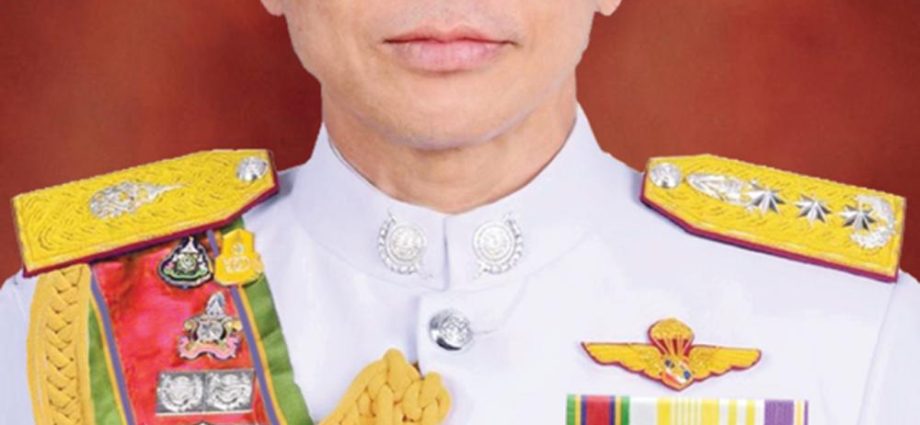Panurat set to become next drugs czar
PUBLISHED : 15 Aug 2023 at 05:00
The Justice Ministry has appointed assistant national police chief, Pol Lt Gen Panurat Lakboonto, as the new secretary-general of the Office of the Narcotics Control Board (ONCB).
The appointment was confirmed yesterday by Deputy Prime Minister Wissanu Krea-ngam yesterday, who said Pol Lt Gen Panurat’s experience in narcotics suppression will further the ONCB’s goals, said a source.
Pol Lt Gen Panurat will replace Wichai Chaimongkol, who retires at the end of September. The source said Pol Lt Gen Panurat is a friend of Capt Thamanat Prompow, the Palang Pracharath Party secretary-general and former deputy agriculture minister.

Panurat: Named as new ONCB chief
The appointment follows recent comments by deputy Pheu Thai leader Phumtham Wechayachai, who said in a Facebook post that the caretaker government led by Gen Prayut Chan-o-cha should refrain from making high-level appointments as part of the annual reshuffle.
The ONCB secretary-general post is considered one such appointment.
“The caretaker government should follow the mannerly tradition of not getting involved in the reshuffle of high-ranking government officials, which could influence the performance of the next government,” he wrote.
Gen Prayut later said the reshuffle is determined by its own timeframe.















